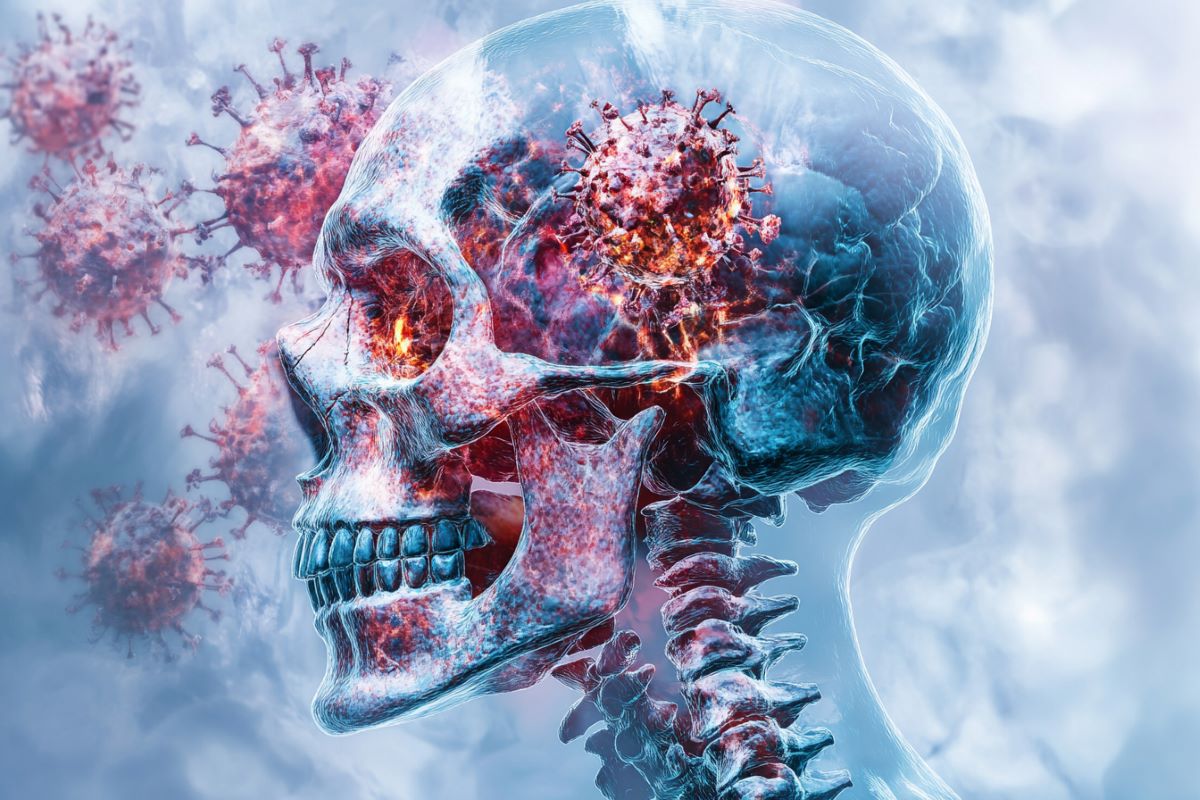- cross-posted to:
- medicine@mander.xyz
- news
- cross-posted to:
- medicine@mander.xyz
- news
A new study reveals that the SARS-CoV-2 spike protein remains in brain-protective tissues and skull bone marrow for years after infection, potentially driving long COVID’s neurological symptoms. Using advanced imaging, researchers discovered elevated spike protein levels in these regions, leading to chronic brain inflammation and increased risks of neurodegenerative conditions.
mRNA COVID-19 vaccines were shown to reduce spike protein accumulation by 50%, though residual protein may still pose risks. The findings highlight the need for new therapies and early diagnostic tools to address long-term effects on brain health.


Spike protein is stored in the brain